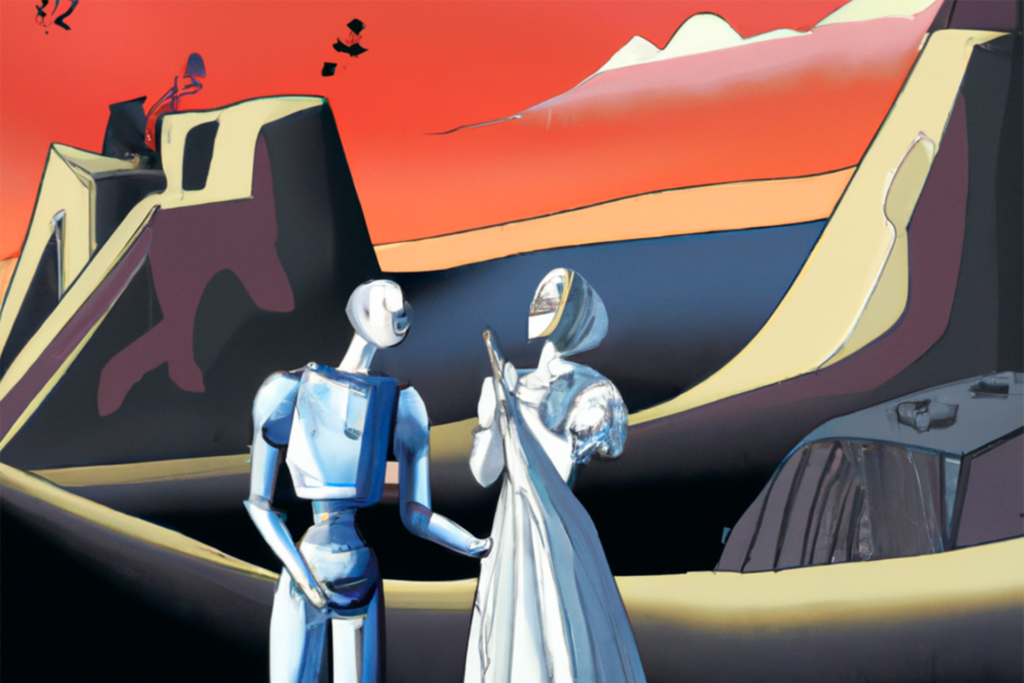An Impossible Dialogue
I am delighted to be involved as scientific consultant in a new play by and with actress and author Diana Höbel. Diana approached me with the idea of creating an “impossible dialogue” between Alma Mahler, a fascinating character and talented musician, and her husband, Gustav Mahler, with whom she had a stormy and ill-fated relationship. The tweak would be that while Diana would be playing Alma, the role of Gustav would be “played” by ChatGPT.

Coming as it does in an epoch when anxiety about the role of AI in our lives runs high, and the debate rages on about the future of jobs that seemed until recently outside the reach of automation (cue to the Hollywood actors’ strike), this project does not shy away from asking and confronting head-on those difficult moral and ethical questions.
As much as pushing the boundaries of creativity, the play investigates questions of the use of AI in replacing humans, and even (some say) its potential ability to resurrect them from the world of the dead. On Dec 20th, 1901, Gustav Mahler was suffering from a bad cold, and in a striking letter written in the thrall of passion to her beloved, then still miss Schindler, he mused that being ill would not stop him from leaving the house and meeting her as planned. “You may believe that seeing you, hearing you, holding your hand would be enough to cure me”, he wrote.
Gustav then went on to claim:
I have the feeling that you could restore me to life even if I were dead.
Over a century later, can AI achieve something of the sort? Should it? What does it say for the future of our own selves?
As we must all grapple with these questions, I hope that the play will generate a space for reflection and pause in the headlong fall into a future that, it seems at times, nobody has had the time nor the opportunity to design.
The play premiers on Sept 15th in Modena, part of the Festival della Filosofia.

